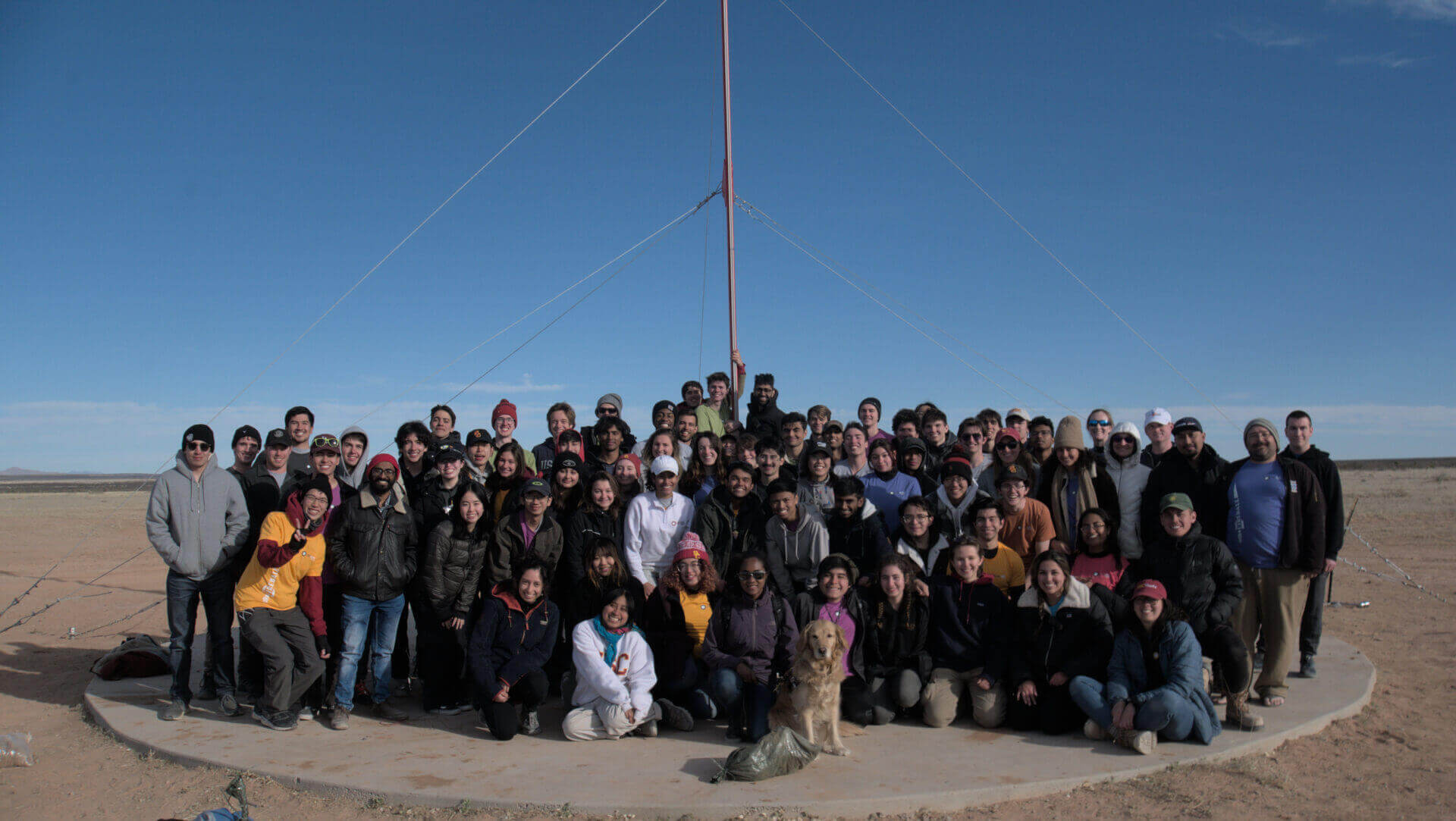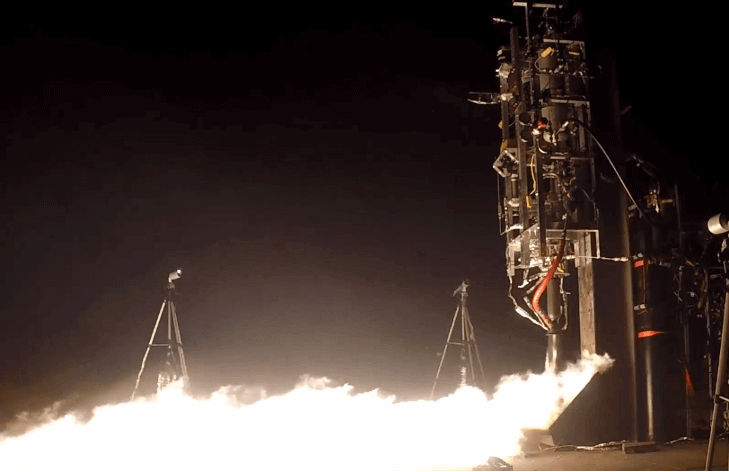Rocketry at USC
Student Organizations
Rocket Propulsion Laboratory (RPL)
RPL's founding goal was to become the first collegiate team to launch a rocket into space. After accomplishing this goal with Traveler IV in 2019, the team has set its sights on becoming the only collegiate team to have a fully in-house space program, capable of carrying commercial and scientific payloads to space.
The USC Rocket Propulsion Lab (RPL) is focused on state-of-the-art in rocket propulsion technology. Armed with determination and the goal of putting student-built rockets into space, members spend their free time designing, building, and testing experimental rocketry and propulsion hardware. Additionally, RPL aims to provide students the opportunity to apply knowledge taught in the classroom to a project with both tangible challenges and tangible results, as well as to provide an academically stimulating environment of ideas from different disciplines and levels of experience.
Check the RPL website from here.
Liquid Propulsion Laboratory (LPL)
The Liquid Propulsion Laboratory (LPL) is a dedicated group mostly composed of highly motivated graduate students committed to the field of liquid propulsion technology. LPL's core mission is to design, fabricate, and test liquid propulsion systems. LPL's expertise spans engine development, feed system development, testing operations, and academic research in the realm of liquid propulsion. LPL fosters their members not only with hirable hands-on experience, but also with the understanding of how rocket propulsion systems operate from first-principles perspective.
While LPL's work aims to align closely with industry standards, LPL places significant value on knowledge propagation, engaging in research paper publication and academic conferences. Open to collaboration with companies, groups, and individuals, LPL conducts fundamental research for the development and testing of liquid propulsion technologies. Past partnerships with notable entities such as Aerospace Corporation, UC San Diego, and Kyushu Institute of Technology have led to the development and testing of projects, such as the additive-manufactured, regeneratively-cooled 10-kN bi-propellant LOx/kerosene rocket engine named Balerion.
Check the LPL website from here.
Published on March 2nd, 2017
Last updated on October 17th, 2023



